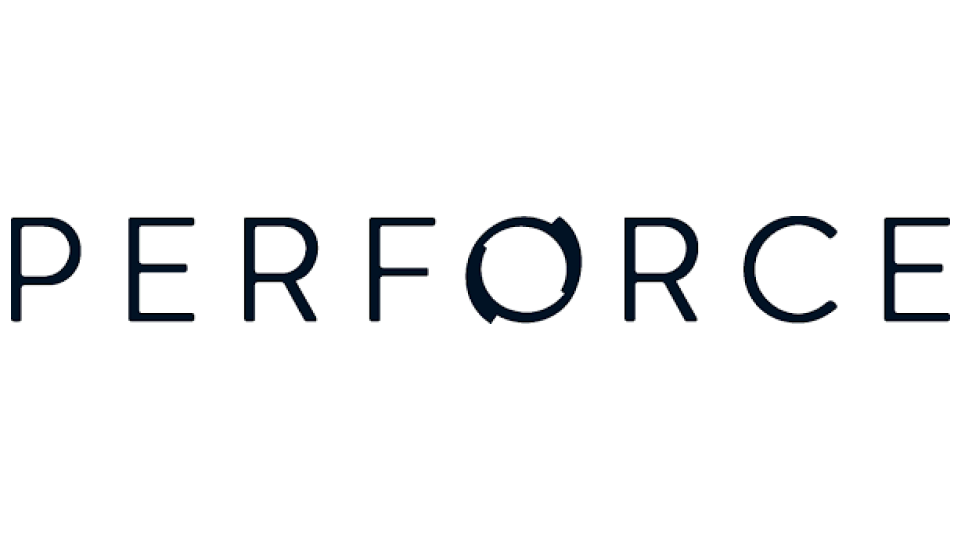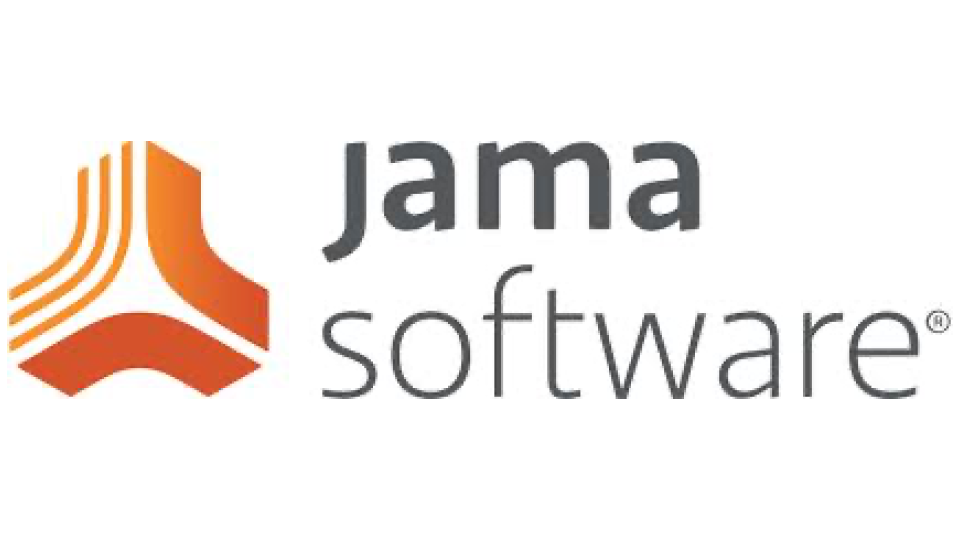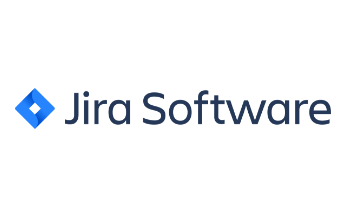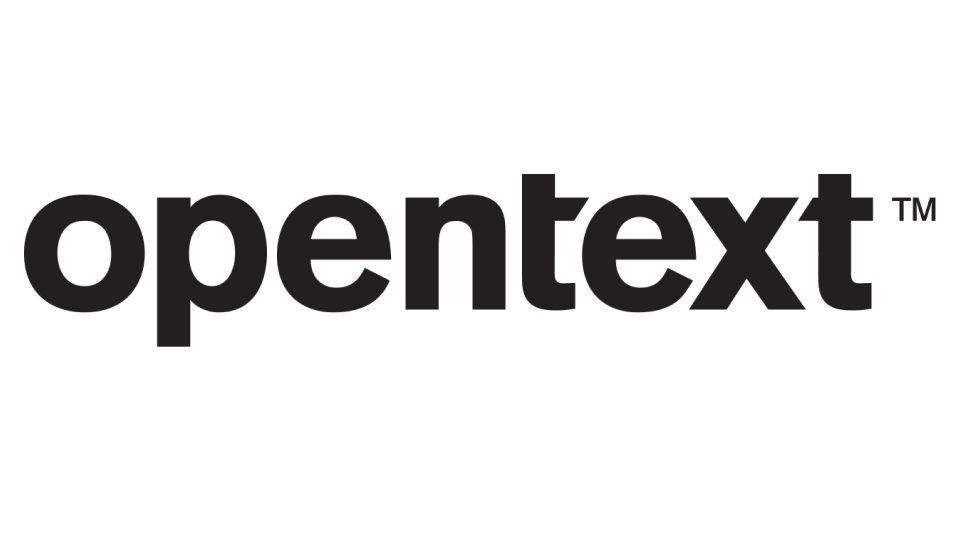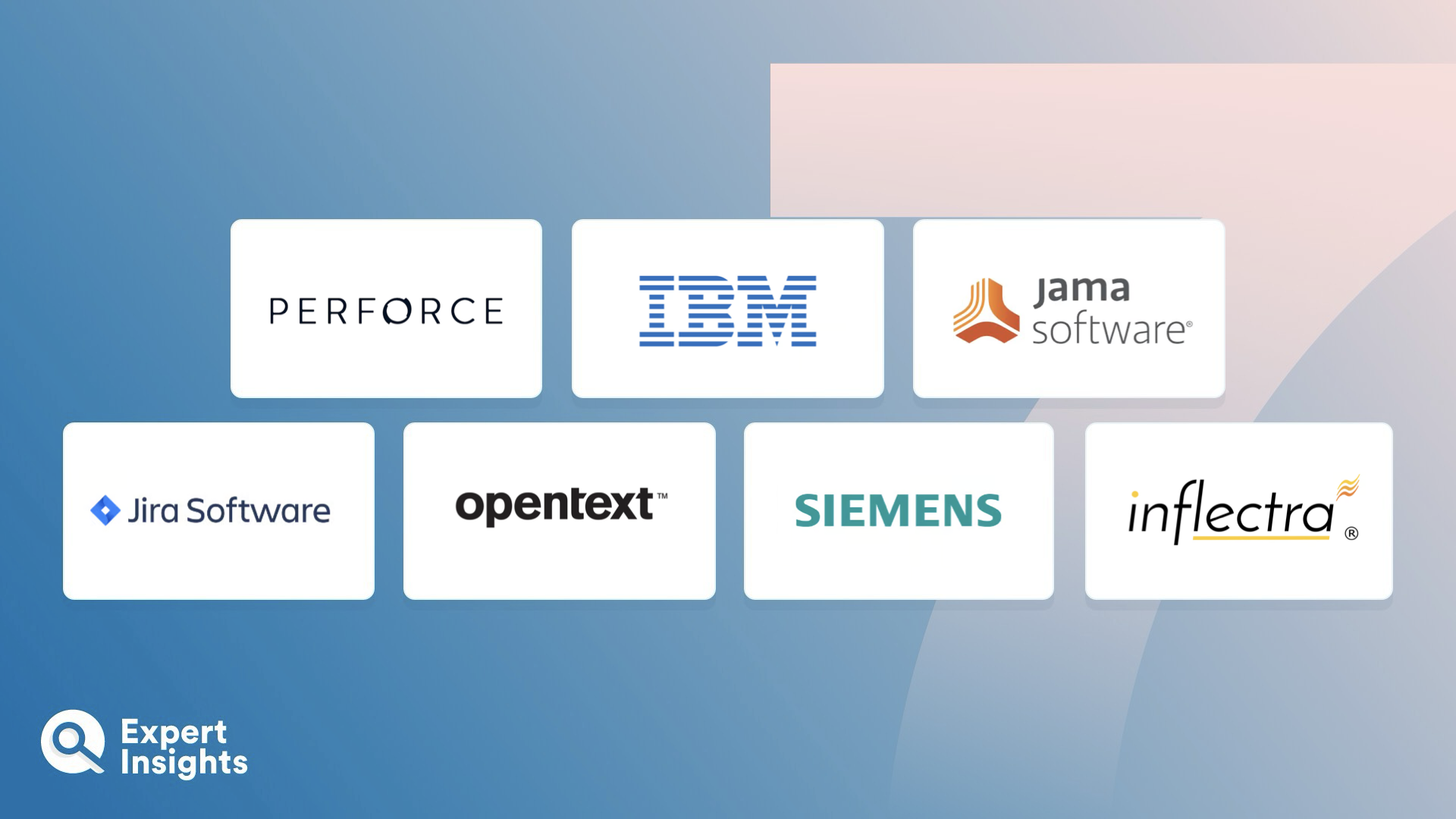Requirements Management Software provides an centralized way for businesses to plan, track, and manage project requirements from inception through to completion. They deliver capabilities that allow documenting, prioritizing, and collaborating on requirements, ensuring that all project stakeholders understand the parameters of a project and can proactively contribute.
These platforms run in a centralized database where all information can be organized, accessed, and updated in real-time. This centralized approach ensures all stakeholders have a consistent view of project progress and requirements status. With functionalities like requirements traceability, version control, and collaboration tools, teams can improve productivity and reduce oversights that might have a negative impact on the project.
There are a good number of Requirements Management Software providers on the market, each catering to a specific use case and set of requirements. While many of these solutions are integrated into larger project management platforms, they can also be operated as standalone tools too. They employ a range of functionalities like real-time editing, visual modelling, and analytics.
This guide will explore the top Requirements Management Software available in the market. Our evaluation will be based on factors such as ease of use, integration options, functionality, customer support, and the ability to scale as your organization grows. However, the best software for your organization will depend on your specific needs and circumstances.



